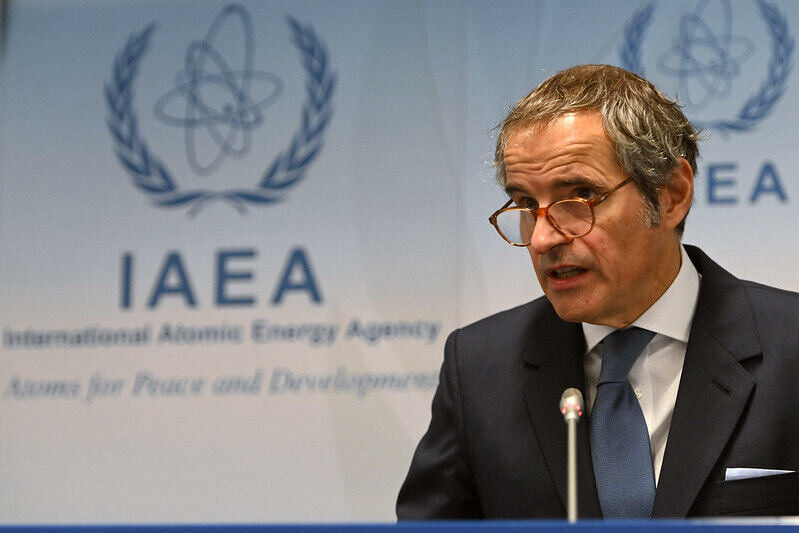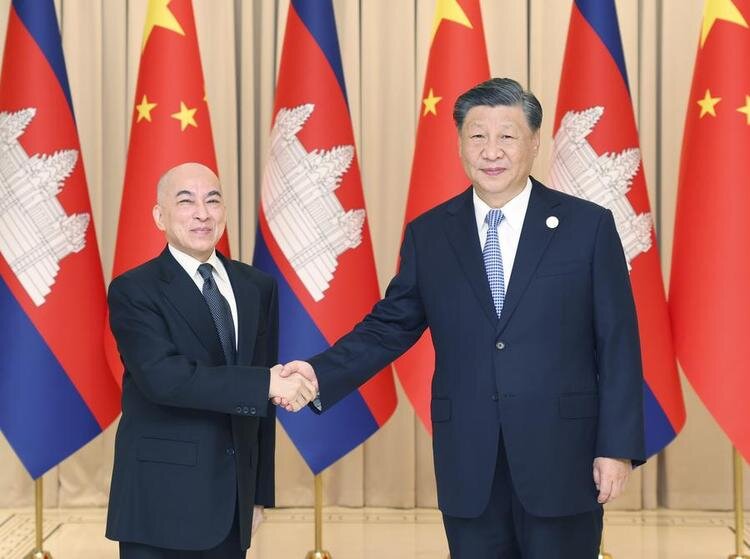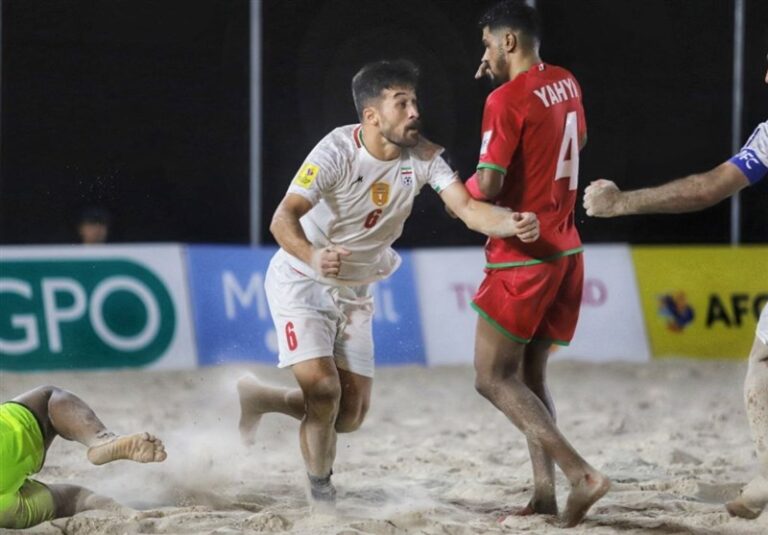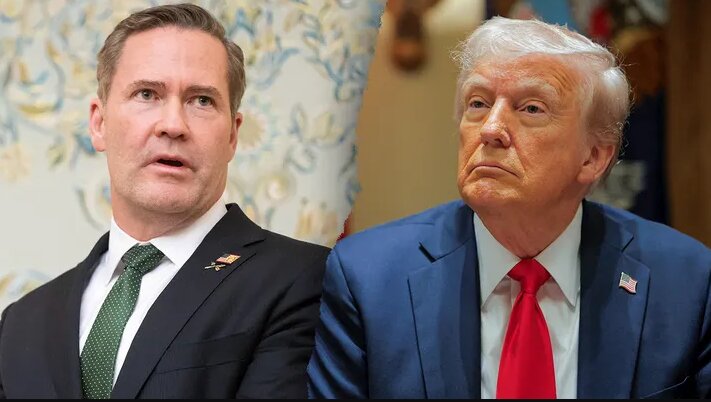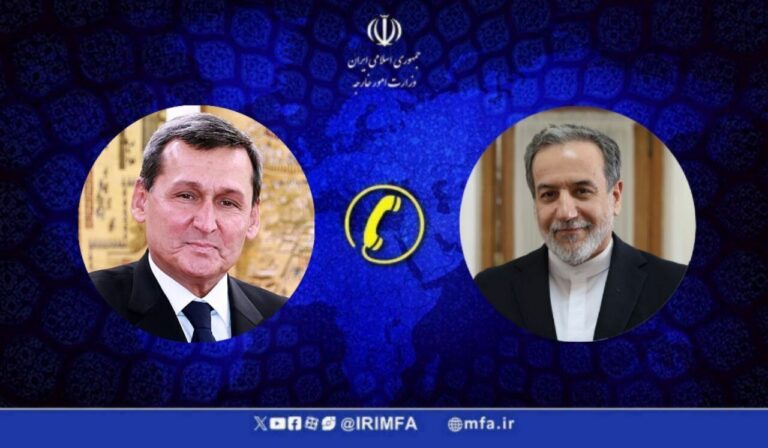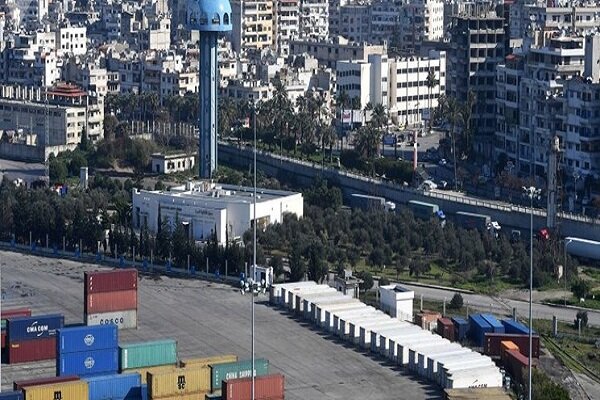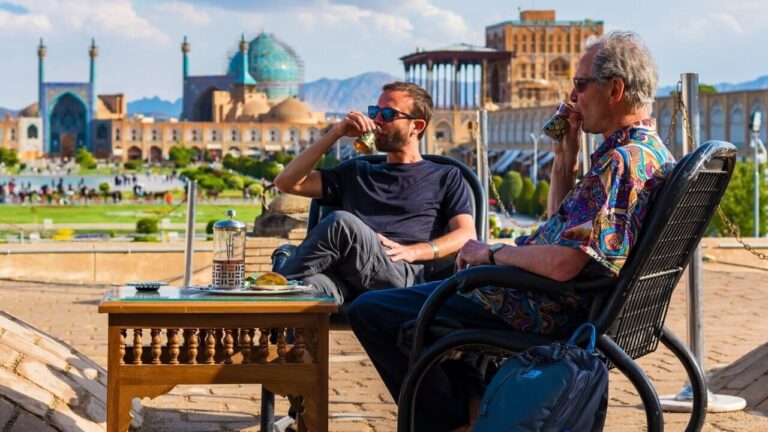IAEA Chief Warns of Urgent Deadline to Revive Iran Nuclear Deal
As the urgency to address Iran’s nuclear program intensifies, the head of the UN’s nuclear watchdog, Rafael Grossi, has expressed grave concerns about Tehran’s accelerating uranium enrichment activities. This situation raises critical questions about international diplomacy and the future of nuclear negotiations.
In a recent statement to Reuters, Grossi highlighted the pressing need for a comprehensive agreement to rein in Iran’s nuclear ambitions. He emphasized that time is running out, making it crucial for all parties involved to engage in constructive dialogue.
The International Atomic Energy Agency (IAEA) has been closely monitoring Iran’s nuclear advancements. Here are some key points from Grossi’s remarks:
- Political Consultations: Grossi noted that he had not yet been able to hold political discussions with the new US administration regarding Iran’s nuclear issue.
- Report Delays: He indicated that the release of a comprehensive report on Iran’s nuclear activities might be postponed beyond March 2025, as the new findings are expected to offer little new information compared to previous reports.
- Ongoing Monitoring: Despite the delays, Grossi assured that the IAEA remains committed to monitoring Iran’s nuclear program effectively.
Grossi’s comments come at a time when the stakes are incredibly high. The IAEA chief reiterated that while time may be running out, this does not imply that the agency is unable to expedite its efforts. He emphasized the importance of swift action in dealing with Iran’s nuclear program, which has seen a notable increase in uranium enrichment levels.
Since the United States withdrew from the Joint Comprehensive Plan of Action (JCPOA) in 2018, Iran has progressively scaled back its compliance with the agreement, leading to heightened tensions and concerns among international observers. The IAEA has been tasked with ensuring that Iran’s nuclear activities remain peaceful, but the agency’s ability to conduct thorough inspections has been hampered by Tehran’s refusal to cooperate fully.
As the situation evolves, the international community is urged to reconsider its approach to negotiations with Iran. Here are some potential strategies for moving forward:
- Re-engagement: The US and its allies could seek to re-engage with Iran diplomatically, aiming to restore trust and facilitate discussions about its nuclear program.
- Incentives for Compliance: Offering Iran economic incentives or sanctions relief in exchange for curtailing its nuclear activities may encourage compliance and foster a more stable environment.
- Increased Transparency: Encouraging Iran to adopt more transparent practices regarding its nuclear program could help alleviate fears and build confidence among negotiating parties.
Moreover, the geopolitical implications of Iran’s advancing nuclear capabilities cannot be understated. Countries in the region, particularly Israel and Saudi Arabia, are closely monitoring the developments and may take measures to safeguard their security interests. This dynamic adds another layer of complexity to the negotiations.
In conclusion, the urgency surrounding Iran’s nuclear program necessitates immediate and strategic responses from the international community. As Grossi pointed out, while time is of the essence, there remains an opportunity for diplomatic engagement that could pave the way for a more secure future. The path ahead will require collaboration, transparency, and a commitment to dialogue among all stakeholders involved.
As the situation develops, staying informed about the latest updates and diplomatic efforts regarding Iran’s nuclear program will be vital for understanding the global implications of this ongoing crisis.
